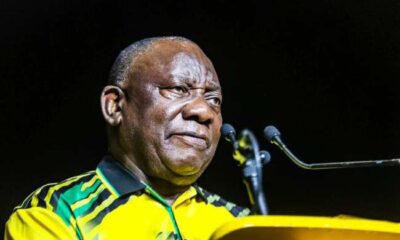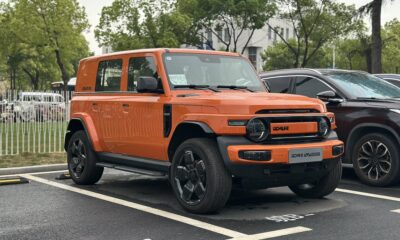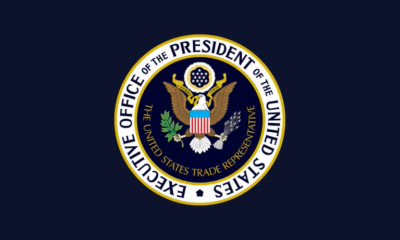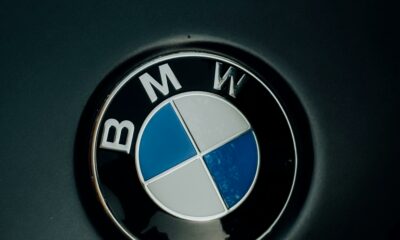News
Storm Clouds Over Chinese Car Brands in South Africa as Prices Face Double Squeeze
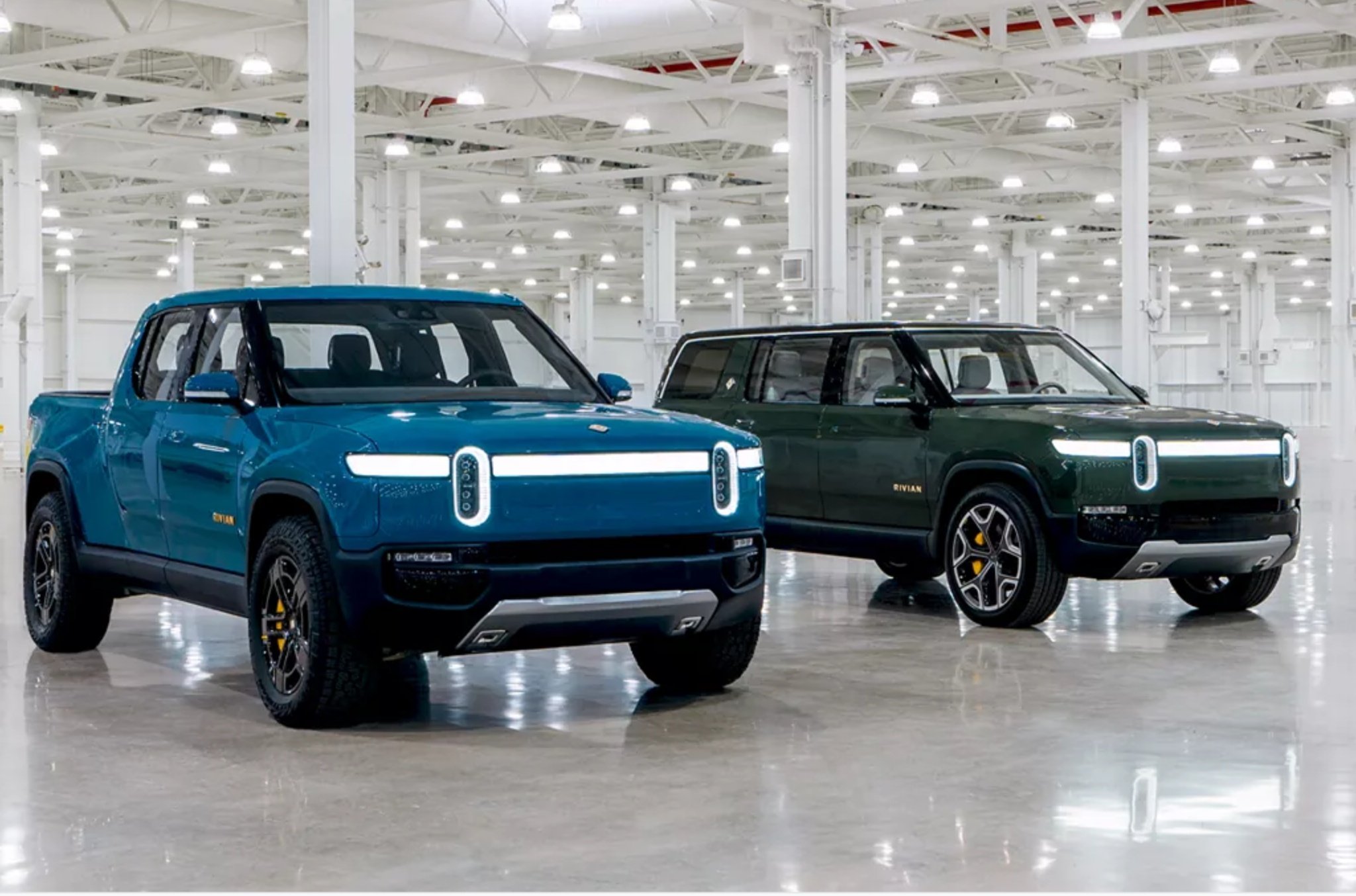
For years, South African motorists have embraced Chinese car brands for one reason above all others, price. Whether it’s a compact Chery or a bold GWM bakkie, these vehicles have made serious inroads by offering more metal for less money. But a perfect storm, brewing both in Pretoria and Beijing, could soon change that.
Tariff talk in Pretoria
Speaking at an industry gathering on 11 August, Trade, Industry and Competition Minister Parks Tau confirmed what many local manufacturers have been fearing: the government is reviewing tariffs on imported vehicles and parts. The aim, he said, is to protect South Africa’s shrinking automotive base from being swamped by a flood of cheaper imports.
The numbers tell the story. Last year, 64% of all cars sold in South Africa were imported, while the localisation rate, the share of parts made locally, is stuck at 39%, well below the 60% target set under the Automotive Masterplan 2035. Domestic production reached just over 515,000 units, far short of the plan’s goal of nearly 785,000.
Over the past two years, 12 local auto companies have shut their doors, wiping out more than 4,000 jobs. And with US tariffs already denting South Africa’s R28.7 billion automotive export market, industry leaders warn the sector is edging towards what BMW SA’s CEO Peter van Binsbergen bluntly called “an existential crisis.”
Lessons from Goodyear’s exit
Renai Moothilal, head of the National Association of Automotive Component and Allied Manufacturers (NAACAM), believes South Africa has room to raise tariffs without breaching global trade commitments. He points to the closure of Goodyear’s local plant as proof that unrestrained imports can make domestic production unsustainable.
“There is a definite need to relook at our domestic tariffs,” he said, noting that other nations have acted decisively to protect their auto industries.
Trouble brewing in Beijing
While Pretoria debates tariffs, a different kind of squeeze is underway in China, one that could hit South African buyers just as hard.
For years, Chinese automakers gained market share at home and abroad by waging an aggressive price war, especially in the electric vehicle (EV) segment. But Beijing now says enough is enough. Authorities have summoned major EV makers like BYD to “self-regulate” and stop offering deep, “unreasonable” discounts.
The clampdown is already working. Only 17 car models in China saw price cuts in July, compared to 23 a year ago, according to the Passenger Car Association (PCA). Retail sales fell 12% from June, and year-on-year growth slowed to just over 6%.
Officials argue that halting the “involution” a cycle of relentless undercutting, will push manufacturers to improve quality instead of relying on cut-throat pricing. But it also means Chinese brands may lose their most potent weapon in price-sensitive markets like South Africa.
What this means for local buyers
If South Africa hikes tariffs and Chinese brands can no longer offer rock-bottom prices due to home-market restrictions, the showroom math could change fast. Cars that once undercut established rivals by tens of thousands of rand might creep closer to the prices of Toyota, VW, or Ford models, eroding their main selling point.
Still, some industry watchers believe there could be a short-term rush in China before a planned tax exemption on vehicle purchases is halved in 2025. That could briefly boost production and keep prices stable, but only temporarily.
For now, the writing on the wall is clear: the days of bargain-basement Chinese cars in South Africa may be numbered, and the country’s already battered automotive sector could soon face yet another test.
{Source: BusinessTech}
Follow Joburg ETC on Facebook, Twitter , TikTok and Instagram
For more News in Johannesburg, visit joburgetc.com

